Football’s dementia crisis: heading to be limited in professional training
English FA medicine chief says new guidelines will reduce unnecessary heading of the ball
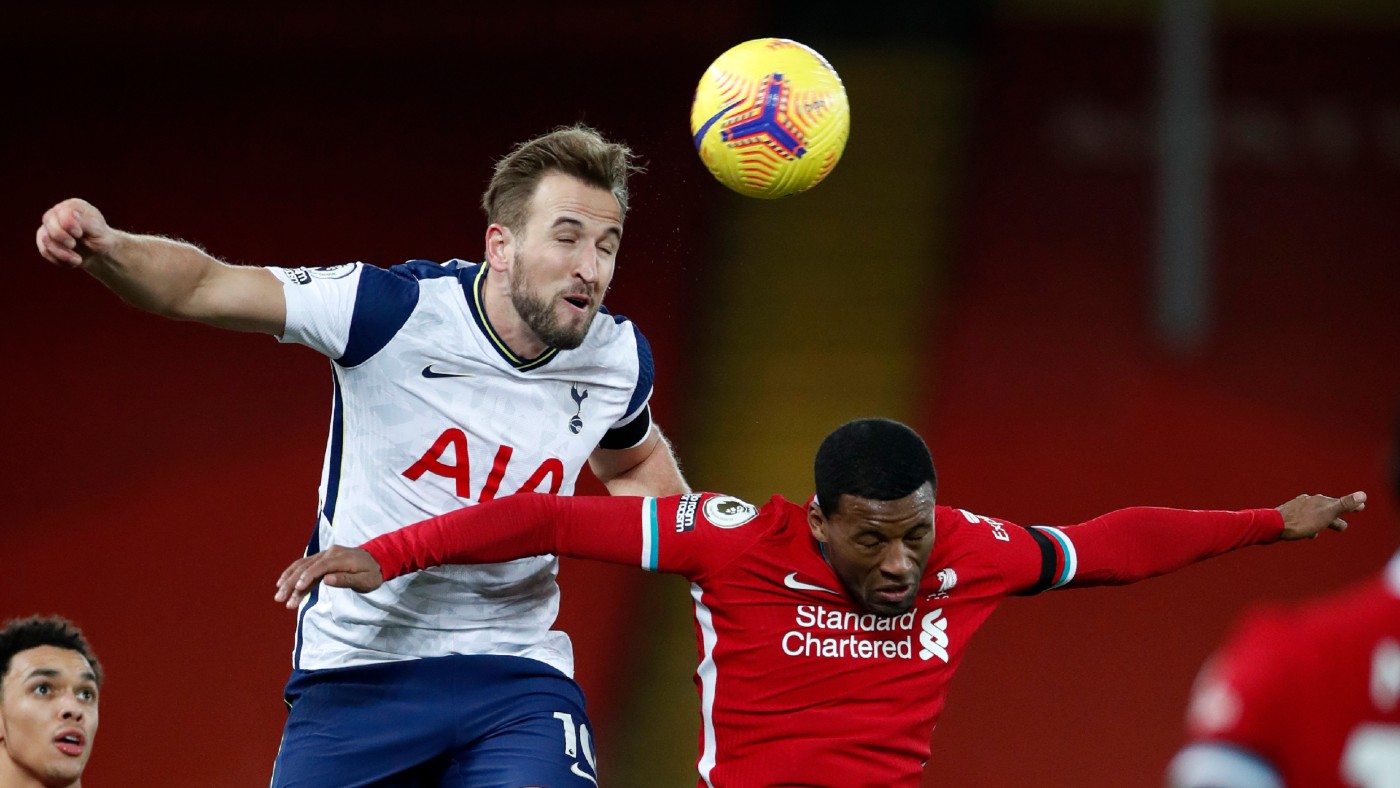
A free daily email with the biggest news stories of the day – and the best features from TheWeek.com
You are now subscribed
Your newsletter sign-up was successful
English football’s governing bodies will tackle the sport’s dementia crisis by limiting the amount of time professional players head the ball during training.
A joint committee - led by the Premier League, and including the Football Association (FA), the Professional Footballers’ Association (PFA), the Women’s Super League and the English Football League - is now working towards protocols that will make England the first country to formally limit heading in professional training, The Telegraph reports.
As part of a wide-ranging strategy, the new guidelines “would deal with those coaches who still put on inappropriate prolonged heading sessions” and would “reduce unnecessary heading without compromising technique”, the paper added.
The Week
Escape your echo chamber. Get the facts behind the news, plus analysis from multiple perspectives.

Sign up for The Week's Free Newsletters
From our morning news briefing to a weekly Good News Newsletter, get the best of The Week delivered directly to your inbox.
From our morning news briefing to a weekly Good News Newsletter, get the best of The Week delivered directly to your inbox.
Charlotte Cowie, the FA’s head of medicine, said: “We’ve got a fairly quick timescale but we do want to gather evidence first before we put some heading guidelines in place.
“What it will make sure is where there are coaches that are complete outliers, and we know that they exist, which just make players head again and again and again for 45 minutes or longer, that those actions are brought in and called out. Because that is where clearly those training practices are inappropriate.”
Southgate supports research
Last week it was confirmed that England head coach Gareth Southgate will take part in an FA-backed study into links between neurodegenerative disorders and former professional footballers.
A free daily email with the biggest news stories of the day – and the best features from TheWeek.com
The FA is supporting two independently-led research studies which are examining former professional footballers for early signs of neurocognitive degeneration. These include the FOCUS study by The University of Nottingham, funded by The FA and the PFA; and the HEADING study by the London School of Hygiene & Tropical Medicine, funded by the Drake Foundation.
Three Lions boss Southgate said: “This is an incredibly-important issue in our game and I’m very happy to play my part in supporting this research. Having turned 50 last year, I am now eligible to take part in the HEADING study, which could provide crucial and valuable insight to help people who play the game now and in the future.
“I would encourage any former professional footballer who is willing and able to take part in the HEADING or the FOCUS study to do so. Our involvement is absolutely essential if we are to have a greater understanding of this issue; and their support for the studies can be done from their home, either online or over the phone.”
‘There is a strong, inarguable link’
A study published in October 2019 found that former professional footballers are three-and-a-half times more likely to die of dementia than their peers. Researchers at Glasgow University confirmed the link between football and brain damage after investigating claims that heading the ball could cause brain injuries.
Last year, two of England’s 1966 World Cup-winning team - Nobby Stiles and Jack Charlton - lost their battles with dementia. Former Manchester United star Stiles was the fifth member of the 1966 squad to have been diagnosed with the brain injury disease.
Geoff Hurst, who scored a hat-trick in the 1966 final, believes there should be a ban on kids heading footballs at a young age and backed calls for clubs to limit heading in training sessions.
“It is becoming a bigger issue every day,” Hurst said in November. “The bigger the issue gets, the more difficult it is for people in the higher levels of sport to step away from dealing with it.
“There is a strong, inarguable link. Anything that can be done to increase the research around this will be hugely beneficial to current and former players.”
Concussion: the legal battles
It’s not just football which is tackling the impact of head injuries - but also rugby union and American football.
In rugby union, governing authorities are facing lawsuits from many former players over head injuries sustained during their careers.
At the age of 42, former England rugby player Steve Thompson says he can’t remember a thing about winning the Rugby World Cup in 2003. Diagnosed with early onset dementia he has joined a group of players, all under the age of 45, bringing legal proceedings against the game’s governing body over what they claim is a failure to protect them from concussions.
Meanwhile, in response to a class action lawsuit filed on behalf of more than 4,500 ex-players in 2012, the NFL agreed to a concussion settlement of $765m (£559.5m) in 2014, says The Conversation. The final agreement allowed for up to $1bn (£731m) in compensation for retired players with serious medical conditions linked to repeated head trauma.
So far the NFL concussion settlement has approved $819m (£599.2m) in claims and paid out $760m (£556), Law360.com reports.
Mike Starling is the former digital features editor at The Week. He started his career in 2001 in Gloucestershire as a sports reporter and sub-editor and has held various roles as a writer and editor at news, travel and B2B publications. He has spoken at a number of sports business conferences and also worked as a consultant creating sports travel content for tourism boards. International experience includes spells living and working in Dubai, UAE; Brisbane, Australia; and Beirut, Lebanon.
-
 Quentin Deranque: a student’s death energizes the French far right
Quentin Deranque: a student’s death energizes the French far rightIN THE SPOTLIGHT Reactions to the violent killing of an ultra-conservative activist offer a glimpse at the culture wars roiling France ahead of next year’s elections.
-
 Secured vs. unsecured loans: how do they differ and which is better?
Secured vs. unsecured loans: how do they differ and which is better?the explainer They are distinguished by the level of risk and the inclusion of collateral
-
 ‘States that set ambitious climate targets are already feeling the tension’
‘States that set ambitious climate targets are already feeling the tension’Instant Opinion Opinion, comment and editorials of the day
-
 ‘Bazball’: England cricket’s glorious new look
‘Bazball’: England cricket’s glorious new lookIn the Spotlight A staggering turnaround has taken place under Brendon McCullum and Ben Stokes
-
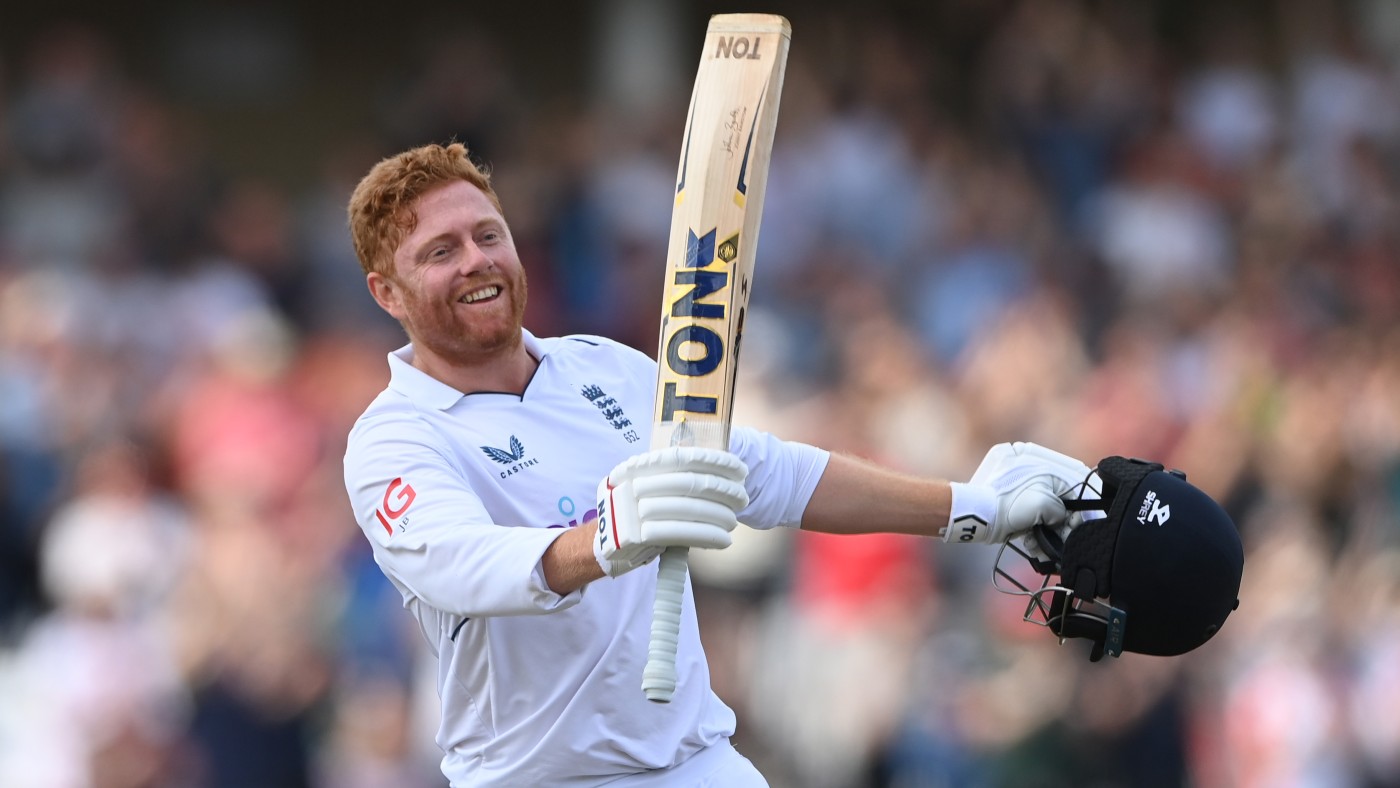 England’s epic win: Test cricket that was ‘quite simply, out of this world’
England’s epic win: Test cricket that was ‘quite simply, out of this world’In the Spotlight Victory over New Zealand was one of the most ‘glorious and scintillating’ in England’s history
-
 Carlos Alcaraz: teenager takes his seat at tennis’s ‘top table’
Carlos Alcaraz: teenager takes his seat at tennis’s ‘top table’In the Spotlight Spaniard overcame the biggest names to win the Madrid Open
-
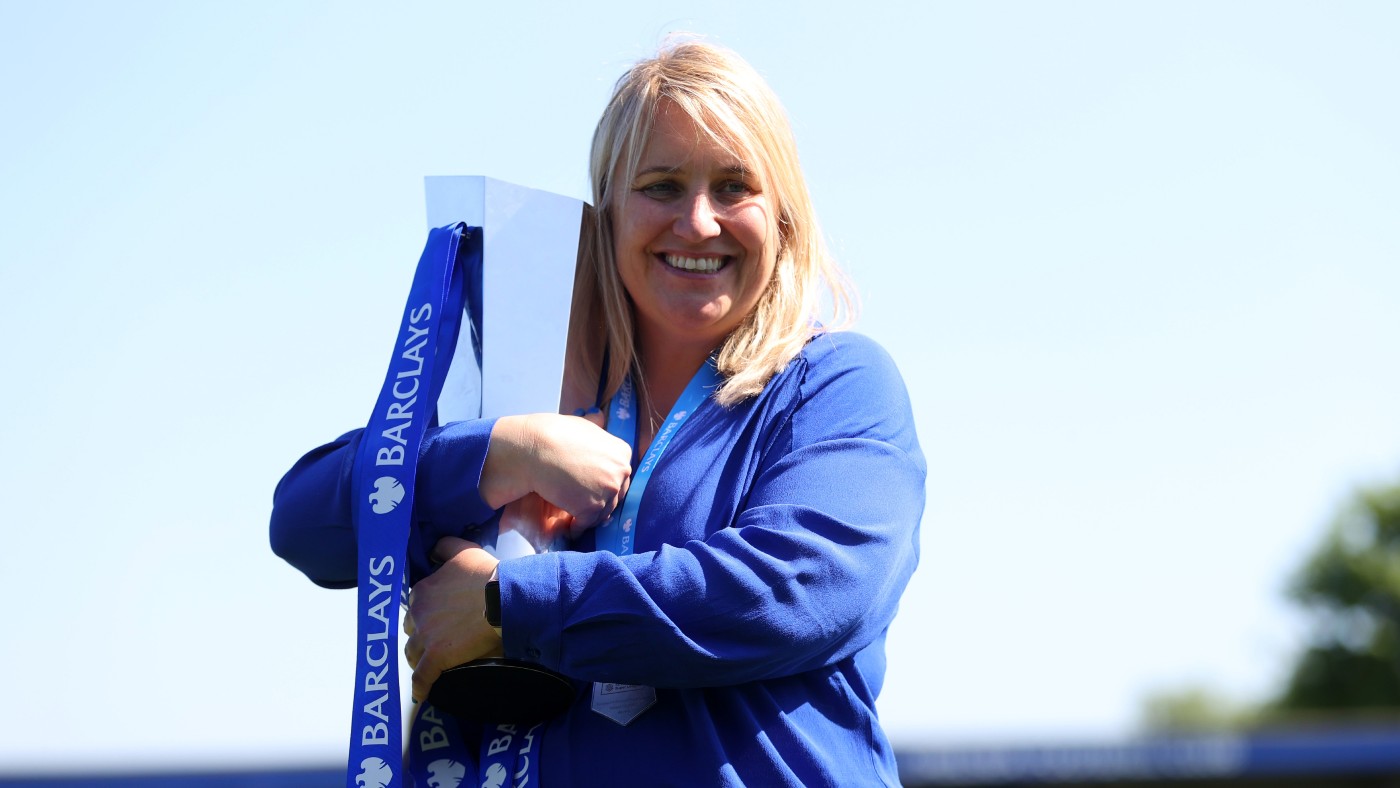 Emma Hayes’s Chelsea: a trophy-winning machine
Emma Hayes’s Chelsea: a trophy-winning machineIn the Spotlight It’s the third Women’s Super League title in a row for the Blues
-
 Katie Taylor vs. Amanda Serrano: the ‘greatest’ women’s boxing fight in history
Katie Taylor vs. Amanda Serrano: the ‘greatest’ women’s boxing fight in historyIn the Spotlight The world’s top two female boxers faced off for the first time and produced an ‘unforgettable’ show
-
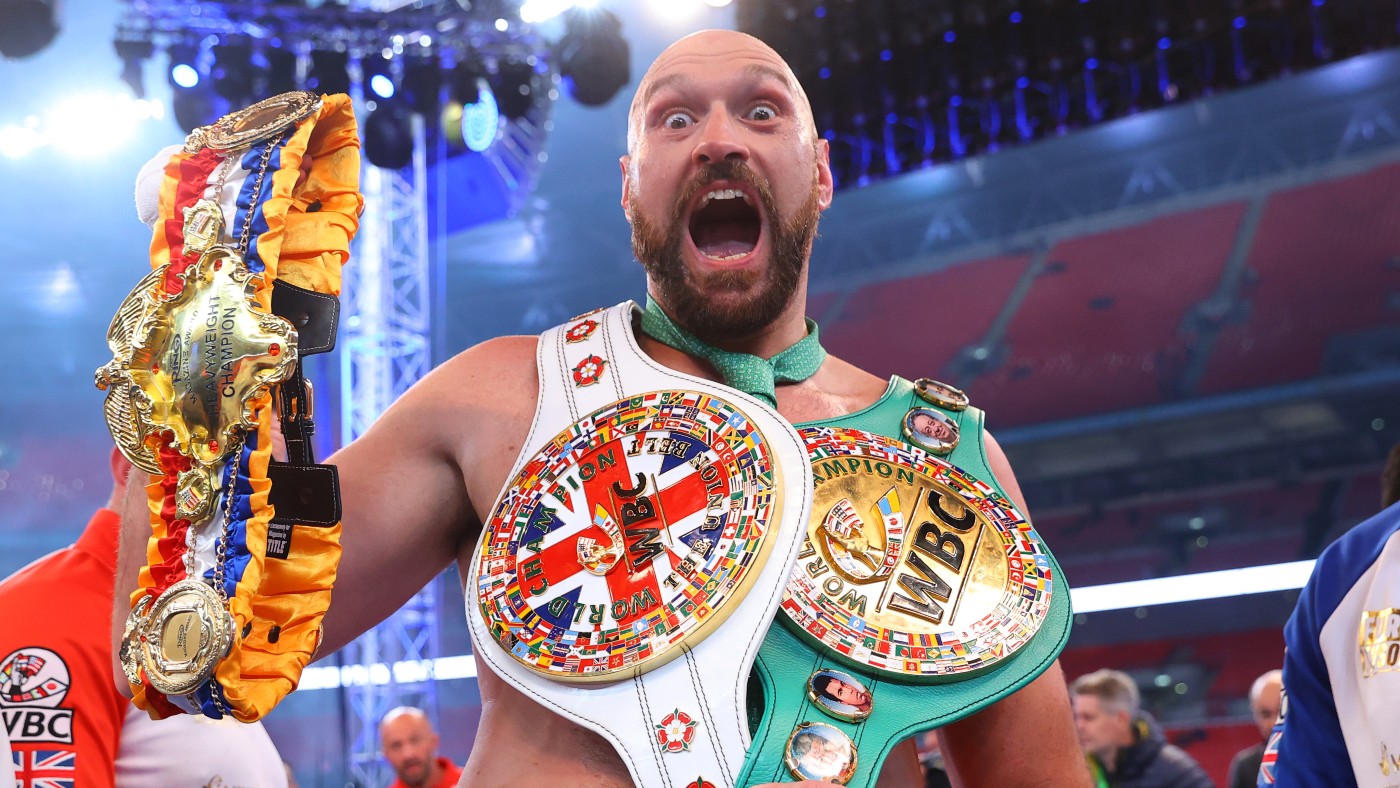 Tyson Fury: will he retire from boxing or become the undisputed ‘Lord of the Ring’?
Tyson Fury: will he retire from boxing or become the undisputed ‘Lord of the Ring’?In the Spotlight Pundits look at what the Gypsy King will do next after his masterclass against Dillian Whyte
-
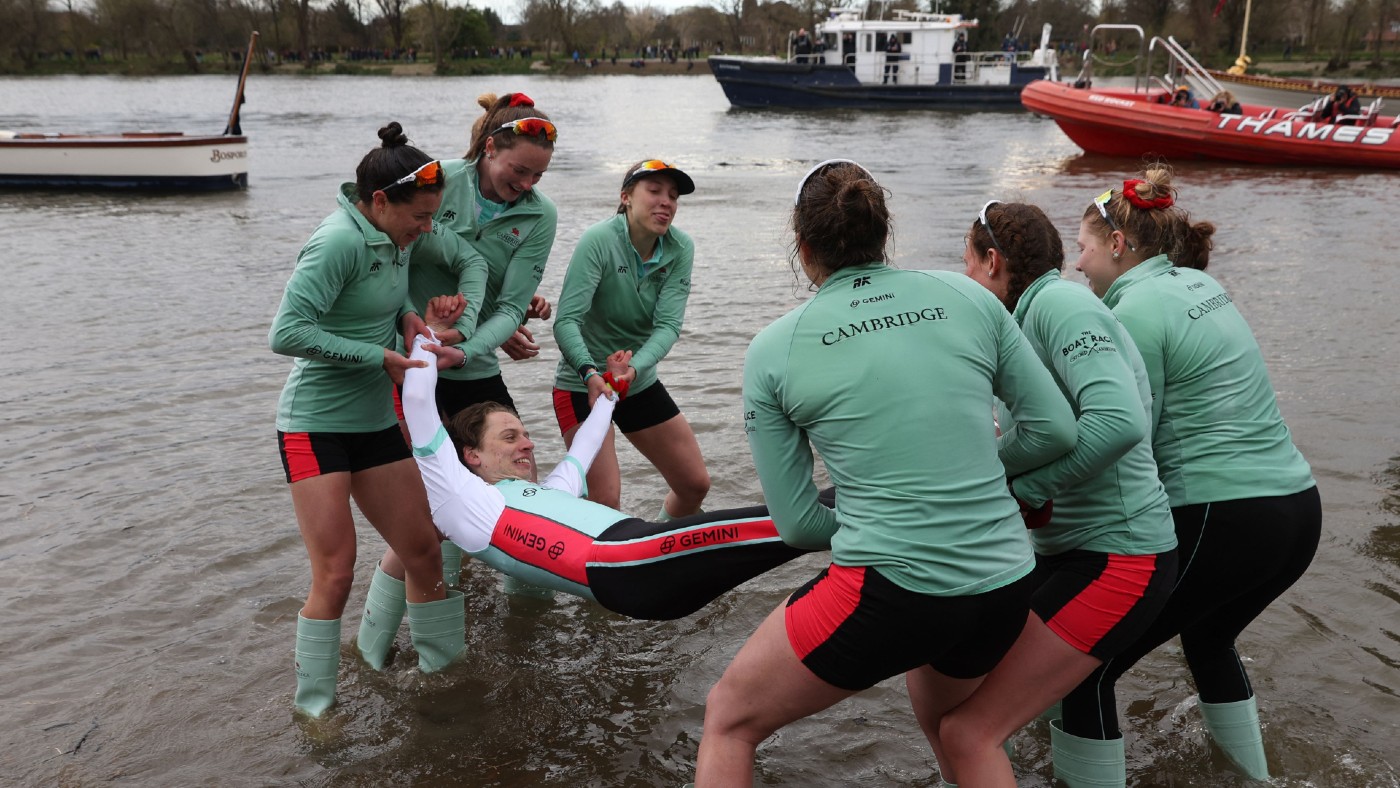 Protests and swearing: controversy at the Boat Race
Protests and swearing: controversy at the Boat RaceIn the Spotlight There were two emphatic victories on the Thames – one by each university
-
 Hibernian FC: how Scottish football charity rescued 50 Ukrainian orphans
Hibernian FC: how Scottish football charity rescued 50 Ukrainian orphansIn the Spotlight Children arrive in UK today after evacuation organised by fans’ group